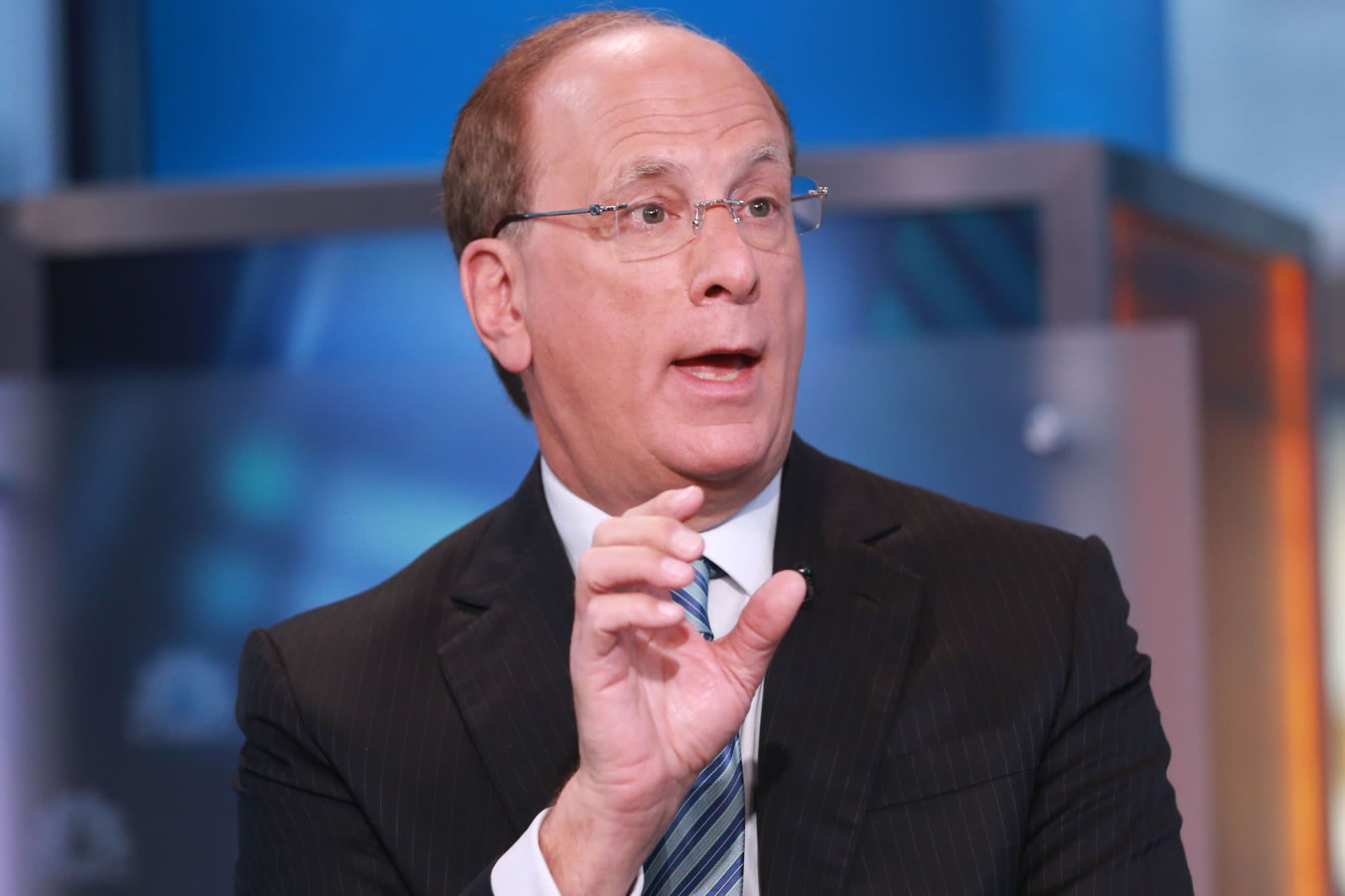US Dollar and Global Investment Trends
Investors are advised to avoid shorting the US dollar despite its significant decline against major currencies this year, as part of the broader trend toward de-dollarization. Despite this, US assets continue to play a crucial role in the portfolios of global money managers like Aberdeen Investments and BlackRock. This is due to ongoing efforts by investors to diversify their holdings by focusing on defensive sectors in Europe, China, and Japan, especially amid challenges posed by tariffs and inflation.
The US government’s tax incentives are expected to boost corporate earnings, particularly for smaller companies. Additionally, tech firms are increasing their hiring of talent to maintain their edge in the global race for artificial intelligence leadership.
On July 3, the US House of Representatives passed the “One Big Beautiful Bill,” which is set to be signed into law by President Donald Trump. The legislation includes substantial tax cuts and reductions in several social safety-net programs, contributing to the S&P 500 reaching a record high this week.
Zhang Dongyue, Asia-Pacific head of multi-asset and investment solutions specialists at Aberdeen, noted that the profitability of listed companies in the US market remains strong. Although the market has experienced significant fluctuations this year, certain industries such as consumer goods, healthcare, energy, and technology have shown recovery.
He also warned investors against betting against the US dollar despite its recent weakness. According to Bloomberg data, the S&P 500 delivered a 6.8% return this year, reaching a record high on July 3, while global stocks gained 10.2%. The US dollar has lost 10.6% against its major peers, according to the DXY Index, as investors reduce their exposure to dollar-based assets. The S&P 500 rose 5.3% during Trump’s first presidential term.
BlackRock, the world’s largest fund manager with $11.6 trillion in assets, continues to view US assets as core to its portfolios, albeit with increased selectivity given recent geopolitical and trade tensions.
“We are tactically overweight US equities, backed by strong earnings and AI strength,” said Alister Hibbert, chief investment officer and head of BlackRock’s strategic equity team, in a report. “We’ve seen volatility in markets—but not in US earnings. That consistency still counts.”
While investors are shifting away from dollar-based assets to diversify, the US currency could rebound in the short term due to cyclical factors such as the US fiscal bill and risk aversion stemming from trade frictions, Zhang added. The dollar’s dominance has remained resilient through changes in the global financial system, according to BlackRock.
“We believe that the US dollar will face greater pressure in the short term, but from an investment perspective, we don’t mind,” Zhang said. “We do not recommend investors to short the US dollar now, as the US dollar is already oversold in the short term.”
Tariff uncertainty, global supply-chain reconfiguration, and inflation are key factors to monitor in the second half of the year, according to Aberdeen. Zhang highlighted the continued competition and friction between China and the US in the export of core raw materials to further reduce mutual dependence.
In Europe, Aberdeen favors industrial stocks such as Siemens, as well as military, defense, and financial stocks. These sectors stand to benefit from two major fiscal stimulus plans: the European Union’s Euro800 billion (US$942 billion) defense spending by 2030 and Germany’s Euro500 billion infrastructure fund.
In emerging markets, Zhang emphasized Chinese stocks listed on mainland bourses and in Hong Kong, particularly in the tech and AI sectors, due to their more attractive valuations. Beijing has ample room to ease policies and stimulate stock markets, he noted.
With the stabilization of China’s real estate sector, government policy stimulus, and investor diversification away from US assets, “the market’s attention to Chinese stocks will continue to increase,” he added.







